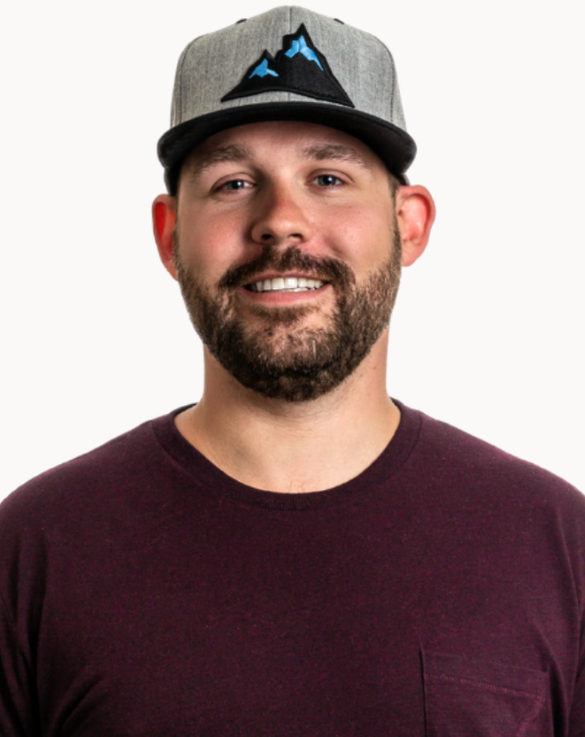Some industry players might be concerned about mortgage borrowing, but it's reckless consumer debt that the country needs to worry about, writes Chris Kolinski

I think it’s safe to say that government intervention is needed when it comes to borrowing money. If you leave it up to consumers, a lot of people will overextend themselves and bury themselves in debt.
I see it all the time with mortgages. A client will come in and ask for a $400,000 mortgage when they can only afford $200,000. They always try to justify it in different ways. “I will be running a day care out of it, so I’ll be getting an additional $3,000 a month” or “I just started this new job, and I’ll be making a ton of commission soon, so I know I will be able to afford this mortgage.” But filling those day care spots isn’t guaranteed, and the associated expenses are often far larger than anticipated. (Kids can eat a lot.) For people dependent on commission, the expected payouts are almost always lower when starting a new job.
This is why we have mortgage rules. You don’t want people to get into more house than they can afford. We need rules to help protect the economy. This makes sense.
What doesn’t make sense is how we approach unsecured debt. Recently, I left the bank I’ve been with for almost my entire life and moved to a new one. I booked a meeting with an account manager to get new chequing and savings accounts, credit cards, and lines of credit to replace my old ones. We went through the application process and, to my surprise, the system automatically generated an approval for almost $100,000 in unsecured debt. (I only asked for a $15,000 credit card and a $15,000 line of credit.) I asked my new account manager what he needed from me. He spun the paper around, looked at the conditions and said, “Hmm. Just your photo ID.”
That absolutely blew my mind. The only thing I had given him up until this point was verbal confirmation of my information. I gave him my address, SIN and told him how much I made. I also told him how much I had in assets. This bank did not require any documentation to prove how much I made or how much I was worth, but they were willing to issue me $100,000 in unsecured debt.
If this were a mortgage application, I would have needed to show confirmation of my down payment assets via a 90-day transaction history, two years’ worth of T1 Generals with Statement of Business activities (as I am self-employed), two years of Notice of Assessments confirming I do not owe any income tax, a mortgage statement and property tax statement confirming my payments on the home I already owned, and I would have also needed to explain a small credit card that was sent to collections five years prior (aka my “young and stupid” moment).
But to issue me $100,000 in unsecured debt, all the bank needed was a current photo ID. I had the exact same vetting experience when I leased a new Mercedes from the dealership: photo ID and nothing else.
Why is this even allowed? Consumer debt is not an investment. The fact that it is rarely secured to anything only adds to the risk. Mortgage rules have been getting tighter and tighter every year, but it has never been easier to get a credit card or car loan.
The government is so worried about the shadow the debt-to-income ratio casts over the Canadian economy; we hear about it in the media all the time. But to combat this rising number, why implement mortgage rules to limit how much someone can spend on a home – an actual investment? Their thought process seems to be: Lower mortgages equal a lower debt-to-income ratio. That may be true. But do you know what else lowers that ratio? Lowering consumer debt.
Here’s an idea: Let’s hold off on putting more restrictions on qualifying for a mortgage and work on making it a little harder to take on consumer debt. A strong start would be requiring lenders to confirm income and debts in order for borrowers to qualify, which could be followed by regular audits of lenders to make sure they’re complying with the new standards – just like they do with mortgages.
 Chris Kolinski is a top-producing mortgage broker with Centum iSask Mortgage Brokers and the co-host of the I Love Mortgage Brokering podcast.
Chris Kolinski is a top-producing mortgage broker with Centum iSask Mortgage Brokers and the co-host of the I Love Mortgage Brokering podcast.



